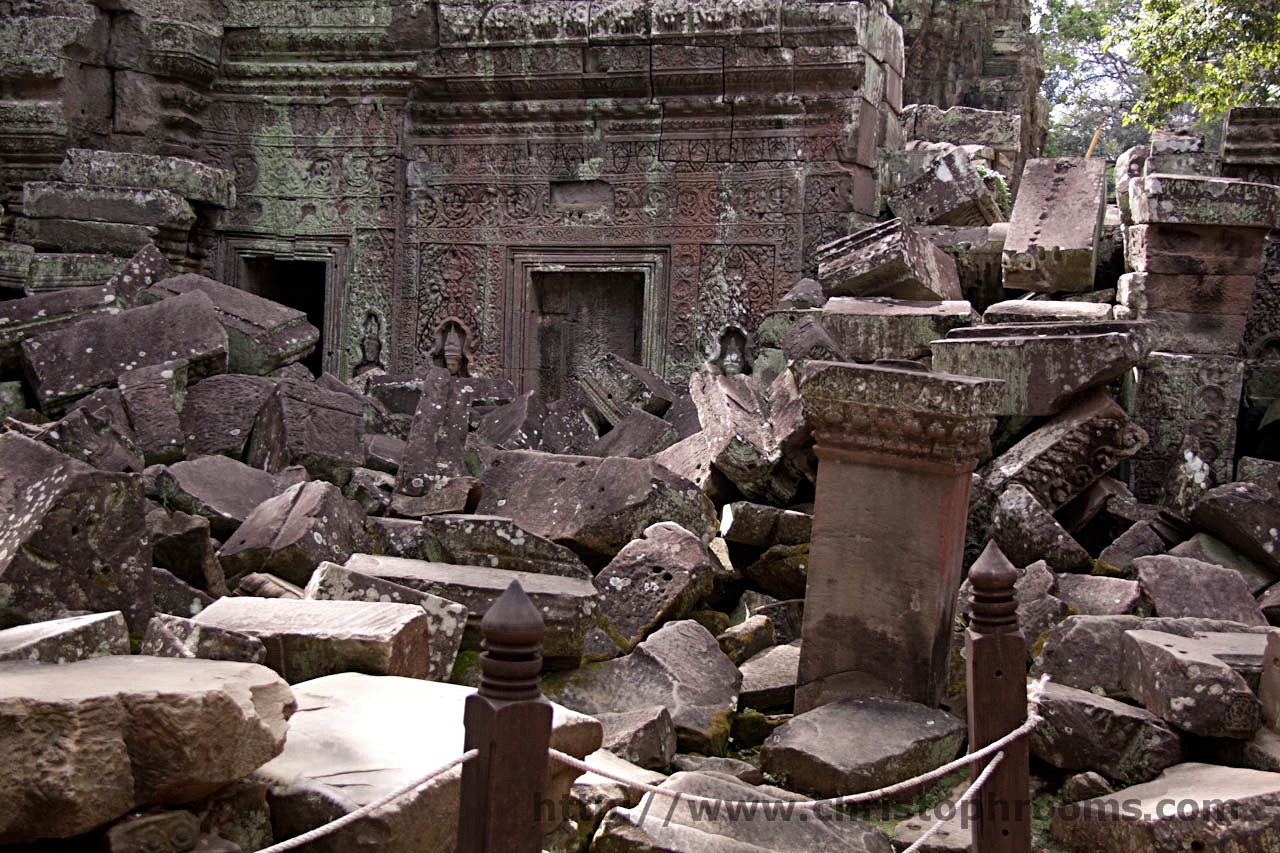
Two new Buddhist Geeks podcasts with Vincent Horn and me, in conversation:
- In “Buddhist ethics is a fraud,” we discuss my Buddhist ethics blog arc.
This will be the first in a series of Geeks podcasts on Buddhist ethics, with a variety of guests.
- In “Western Buddhism is Dead (Long Live Western Buddhism),” we look at possible futures through the lens of Robert Kegan’s developmental framework.
I described that framework in “Developing ethical, social, and cognitive competence,” and its relevance in “Better Buddhisms: A developmental approach.”
Kegan’s work has significantly influenced Vince as well as me, so I think our conversation went quite deep. How do we build social support for personal and cultural development beyond dogmatic institutions, without reverting to pre-rational tribalism? Can Buddhism help?
I recently posted “A bridge to meta-rationality vs. civilizational collapse,” covering many of the same issues, particularly for a STEM-educated audience, in a non-Buddhist framework.
The action is now elsewhere
For the next year or so, I expect to post all my writing over on meaningness.com, and this site will be dormant. I’m working there on a cultural, social, and psychological history of the past few decades. The facts of that history are familiar to anyone who lived through it. However, I’m looking at them in an unusual way, influenced by Vajrayana Buddhism. My hope is that this perspective may suggest ways to resolve some current moral and political difficulties.
That work grew out of the question “Is Buddhism just for Baby Boomers?”, which I’ve been puzzling over for most of a decade. Why is Buddhism less attractive to the Western X and Millennial generations? I believe it’s because the natural cultural expression of Gen X and Millennials would be quite different from Boomer-dominated “Consensus Buddhism.” Once the wider cultural history is written, I plan to return to this site to apply the framework to Western Buddhism, and its generation gaps.
The “Long Live” podcast ends with the question: what would a “fluid” Buddhism be like? I hope the Vajrayana-inflected analysis of general contemporary culture can help answer that.
Advanced secular meditation
Based on years of experience teaching and practicing in diverse Buddhist systems, Vincent and Emily Horn are developing new formats for presenting meditation. I’m tentatively thinking of their work as “advanced secular meditation”—although that’s not quite the way they describe it!
The minimalist methods of the mindfulness movement have benefitted millions. Its secular approach makes meditation accessible for people who would not consider Buddhism. For most, it may be enough. Yet, many others want to go deeper—but may still balk at Buddhism. I see a need for a secular path that takes meditators much further into the mountainous topography of awareness.
Vince and Emily have developed a five-fold path1 of “mind training for the digital age,” which they’ve begun presenting at meditate.io. So far, there is a free email-based course, including video and audio. They are planning much more.
They are also teaching three of the five styles of meditation at a retreat this July 11th-18th. In addition to the five-fold approach, they will incorporate social meditation practice (a recent innovation) and contemplative technology.
- Their five styles of meditation seem to me to correspond neatly to the five Buddha Families, or elements of traditional Vajrayana. This may be coincidental or misleading, however! ↩
